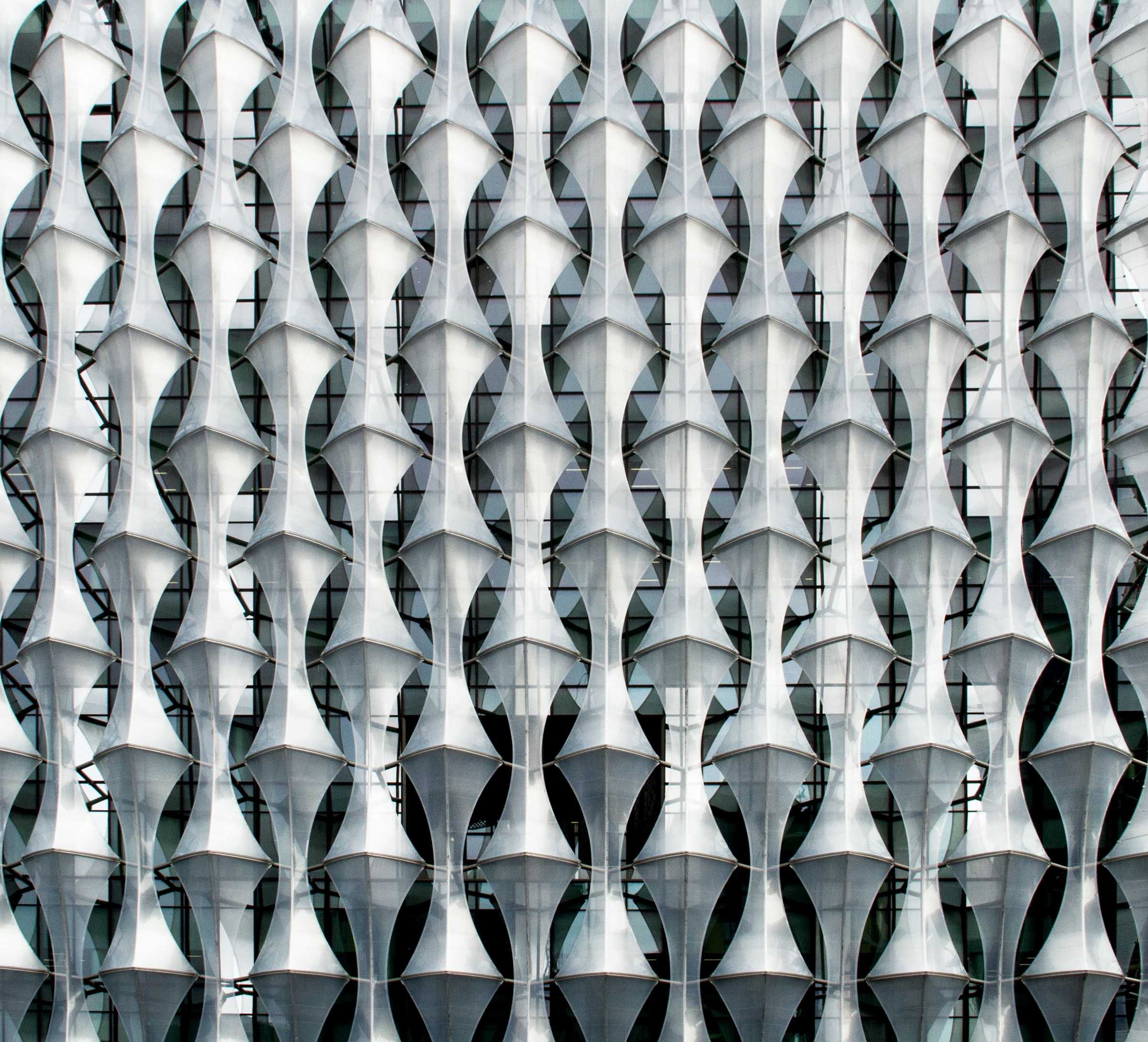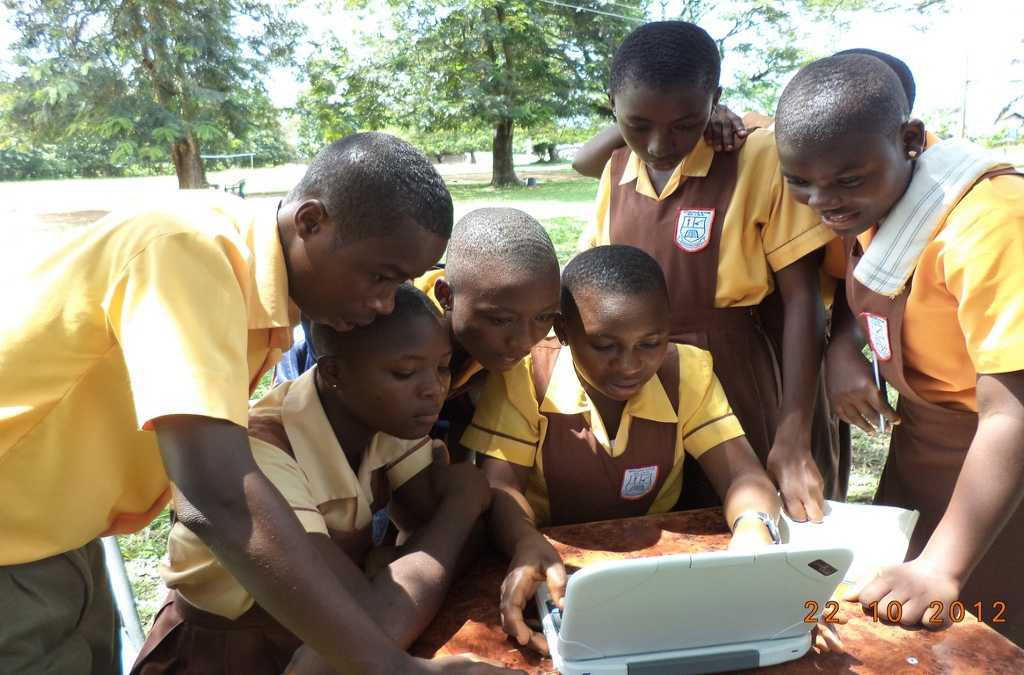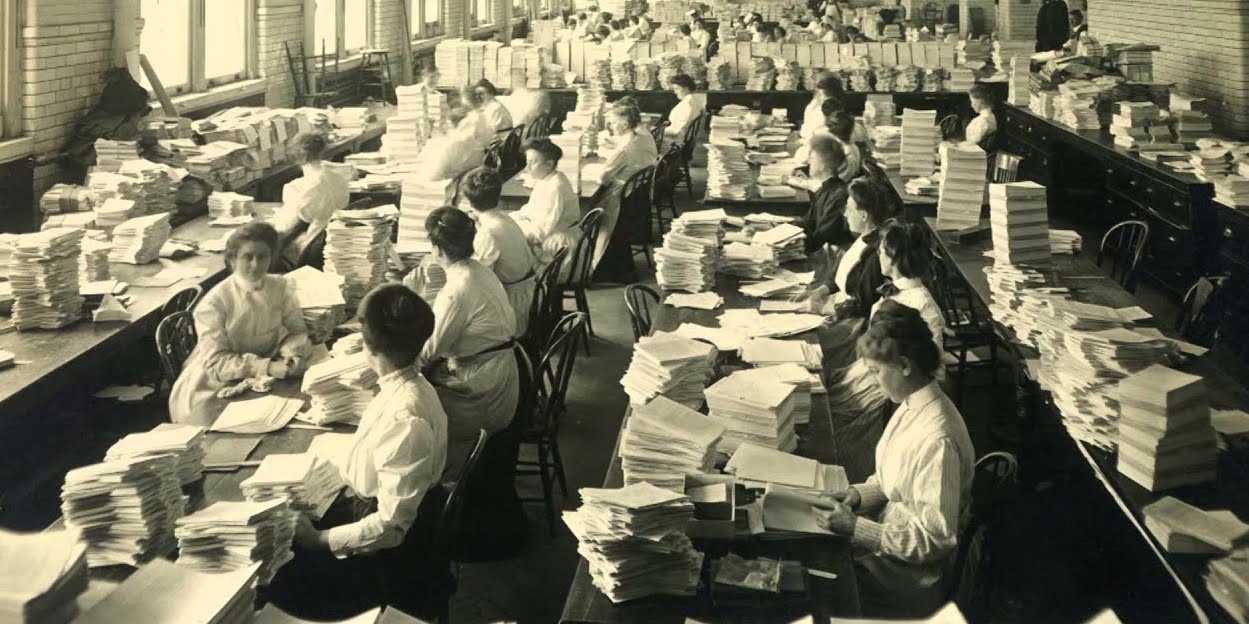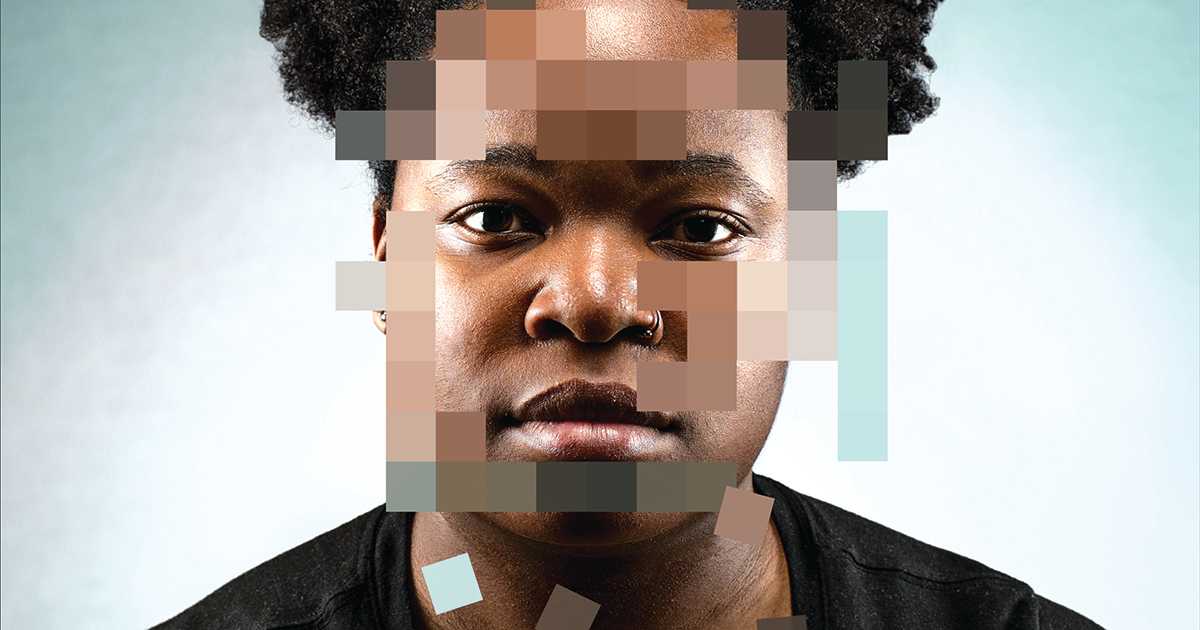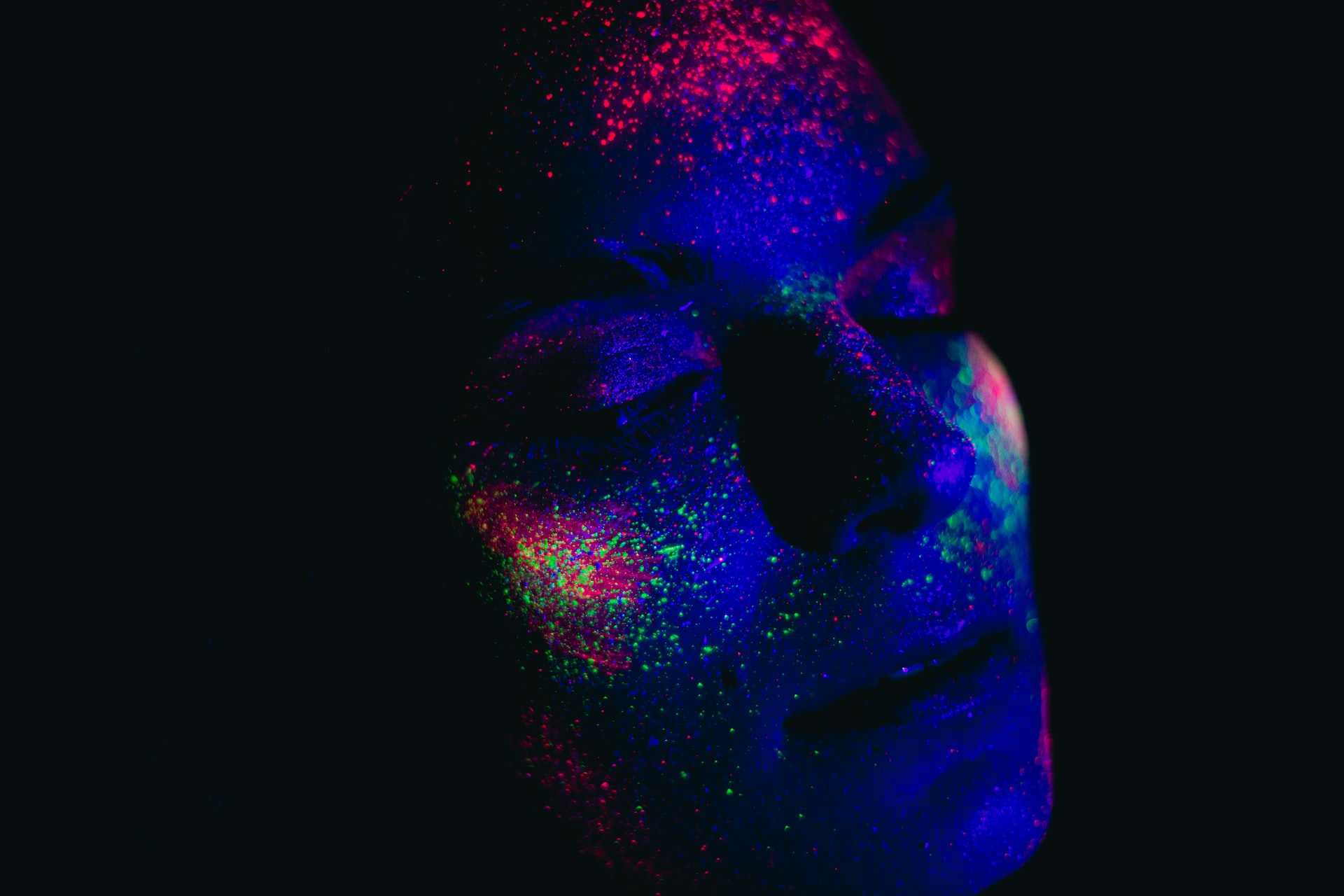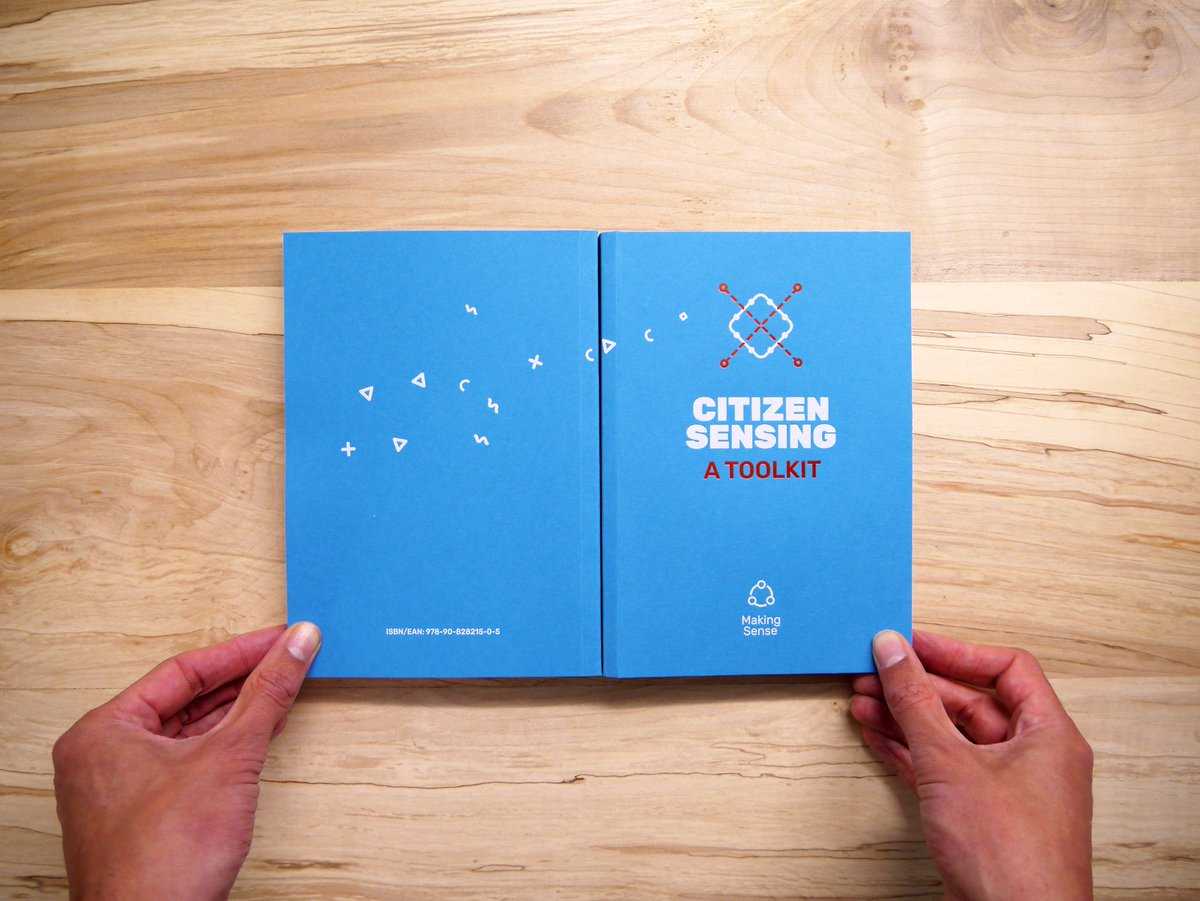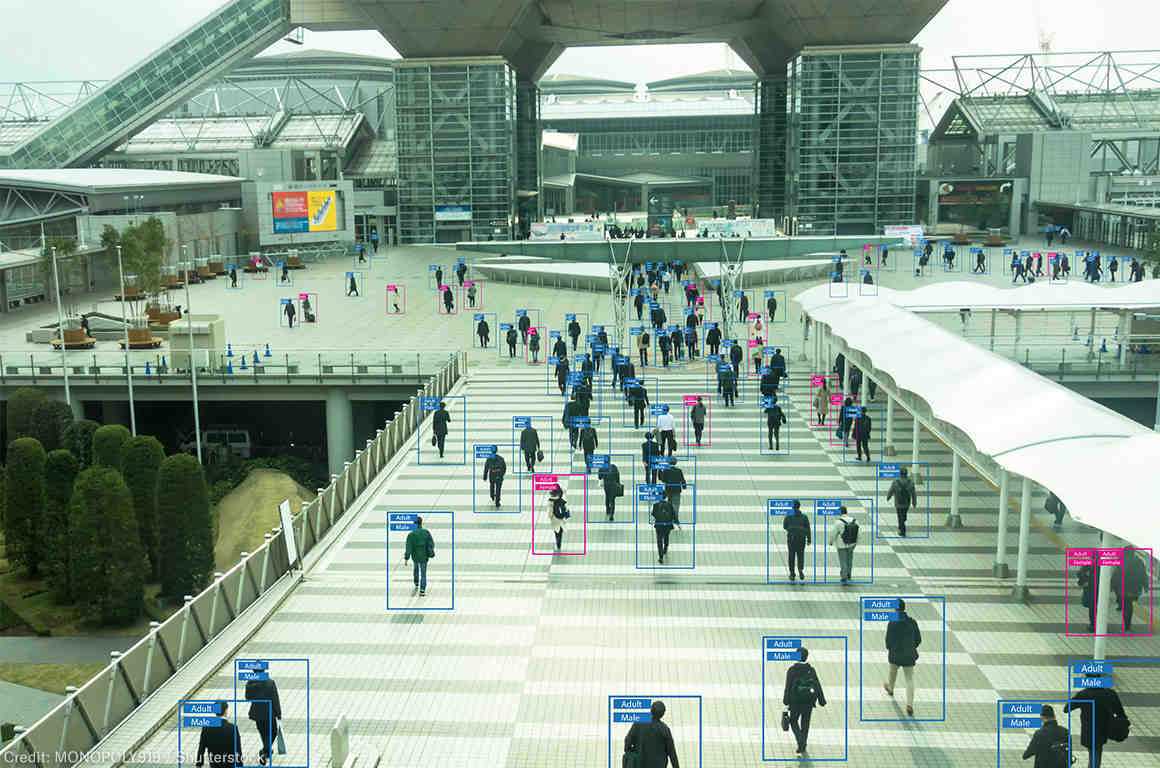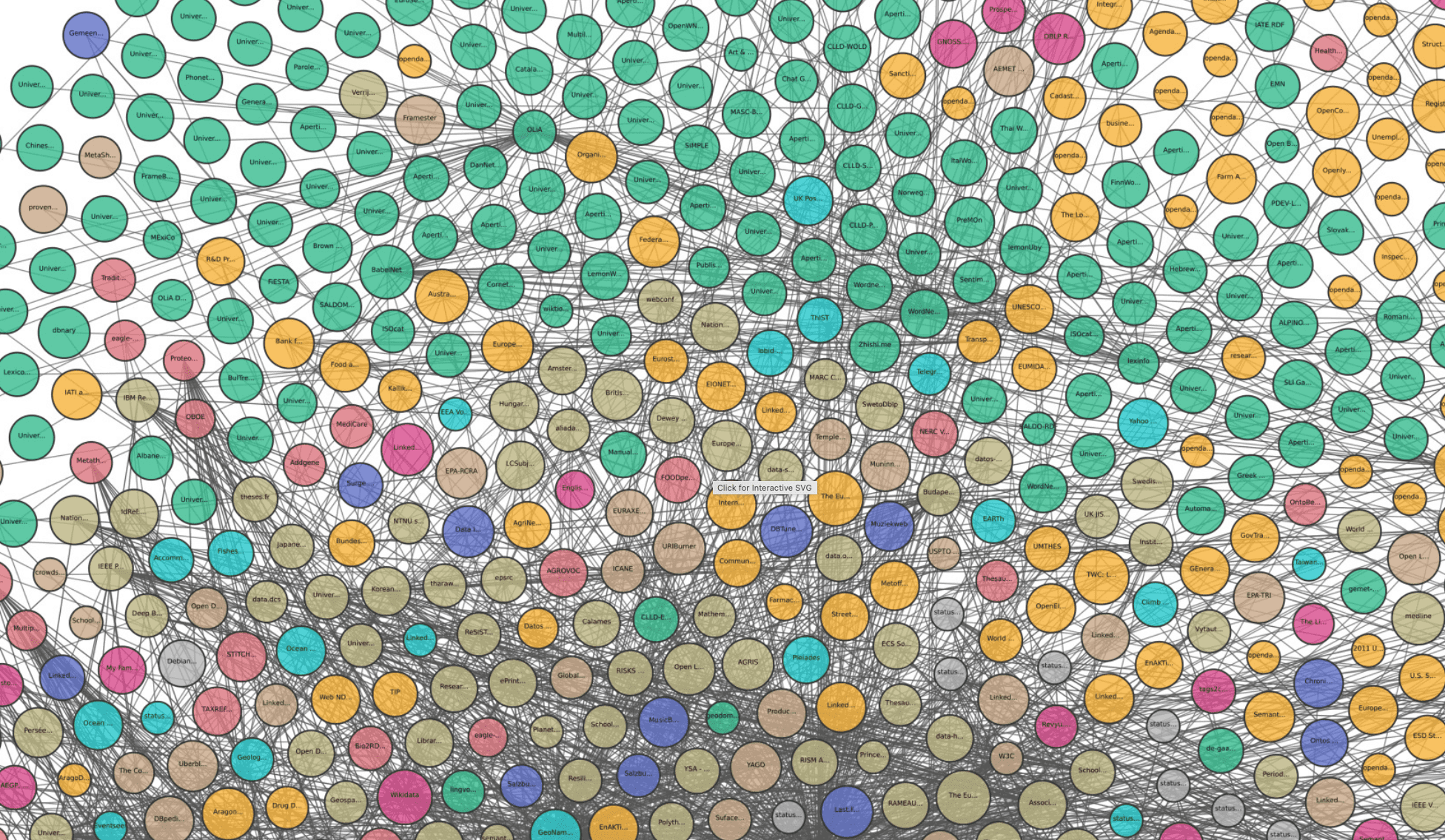..png)
New Screen Deal
Inclusive innovation strikes back at surveillance capitalism.
In the spring of 2020, New York Governor Andrew Cuomo and Alphabet Ex-Chairman Eric Schmidt proposed a sweeping shift. Health and education would move to the web, with Google technology to make it possible. Although it was catalyzed by the COVID-19 pandemic, the change wouldn't be temporary. This "New Screen Deal", as pundit Naomi Klein mockingly called it, was a road map for a permanent restructuring of public services.
This dystopian vision didn't pan out. But "remote everything"—learning, health care, work, and entertainment—is here to stay. People and organizations are drifting back. But they're finding ample reasons for both remote and in-person contact. The digital layer, and the predictive power of AI, is more important than ever for coordinating such a complex world of interactions. It is the catalyst and medium for transforming many of society's most prized and vital institutions. Yet this rapid fusion of people, organizations, and technology is raising a flurry of concerns and disputes about the concentration of wealth and power digital platforms cause.
The impacts of this shift are just starting to take shape. But a new sociotechnical compact is emerging. Equity is taking center stage with efficiency in how we envision and evaluate our tech-powered future. And a well-connected, well-informed set of new stakeholders are demanding and designing new processes for governing urban tech. They seek to foster technologies that empower the disempowered, while checking those that extend the reach of the most powerful. With these new priorities, and processes for putting them into action, urban tech is poised to move ahead on a more inclusive, and ultimately more effective, course.
The 7 trends in this forecast are synthesized from 23 signals
Trends
Each forecast is built up from a collection of several trends. Think of trends like vectors. They call our attention to a single force acting along a path over time.
Impacts
How will this future shape what’s possible for key stakeholders in future cities? Use these broad insights on potential impacts as a starting point for thinking about your own. How might the trends driving this forecast impact you, your organization, and your community? What would you do differently if this future came to pass?
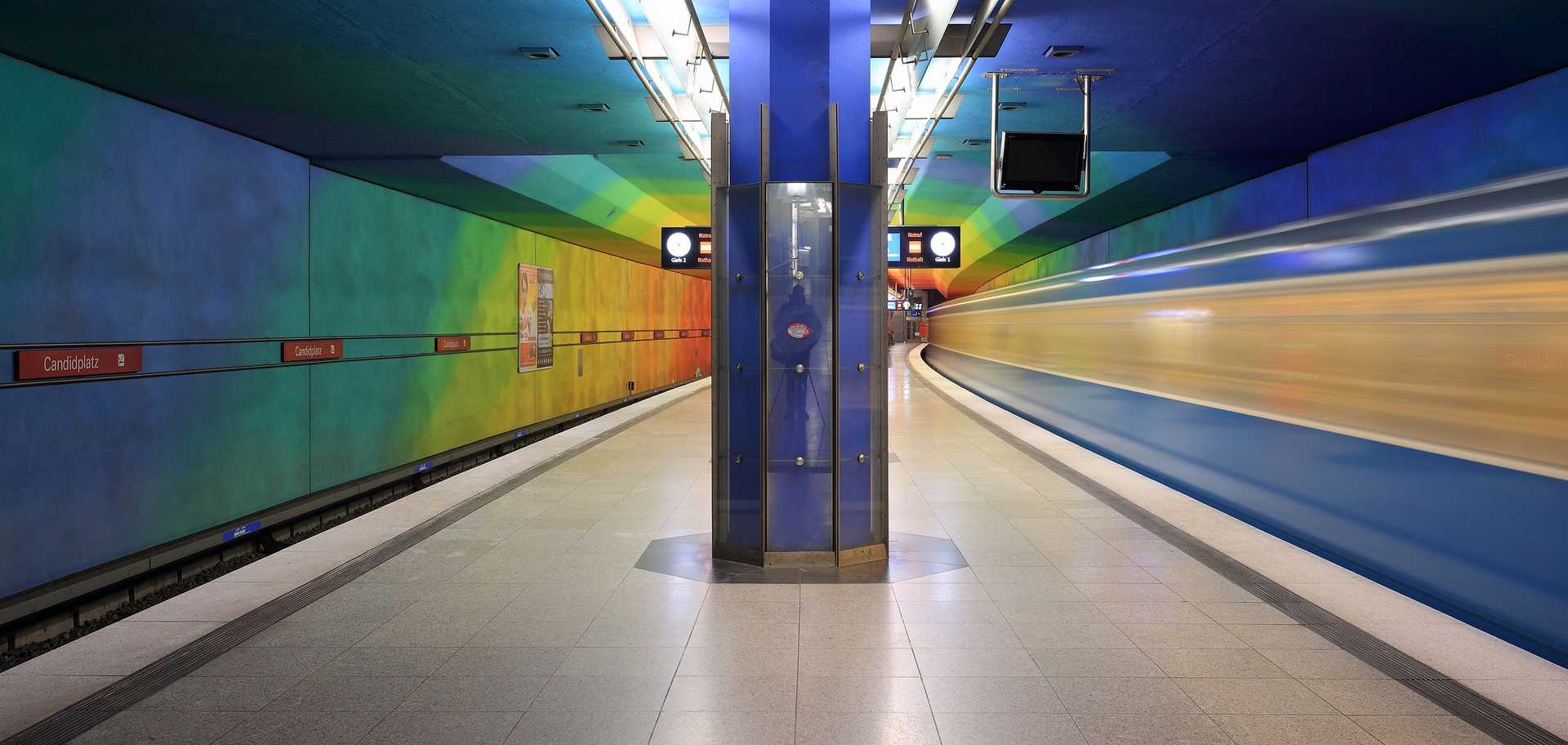
Platform power struggle
Platforms are systems of technologies, services they enable, business models, and regulations that facilitate exchange of value. They make money by building big networks, and then setting the rules by which others can do business within them. Big moves against platform powerhouses are already in motion, but as urbantech proliferates, local regulators won't be able to wait for national government to act.
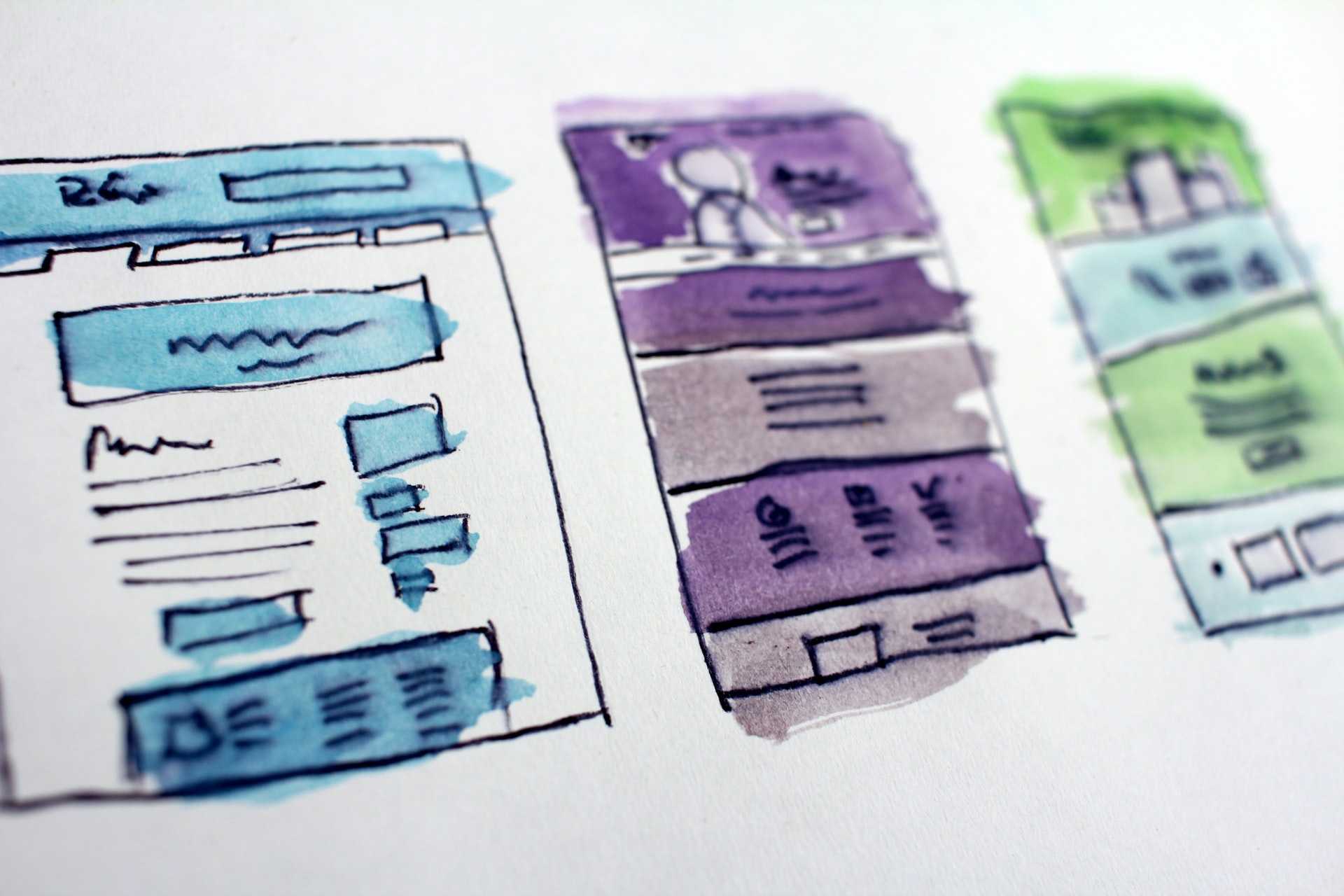
Integrity by design
Like any technology, the sweeping recent advances in machine learning have delivered great benefits, while also creating substantial new risks. Managing these risks will require new kinds of oversight, especially as the technology is deeply integrated into many different urban systems. Providing more accountability won't be simple, however. Coordinated steps ranging from ethics education for machine learning engineers to new standards for intepretability and transparency are needed. Integrity must be designed in from the start.
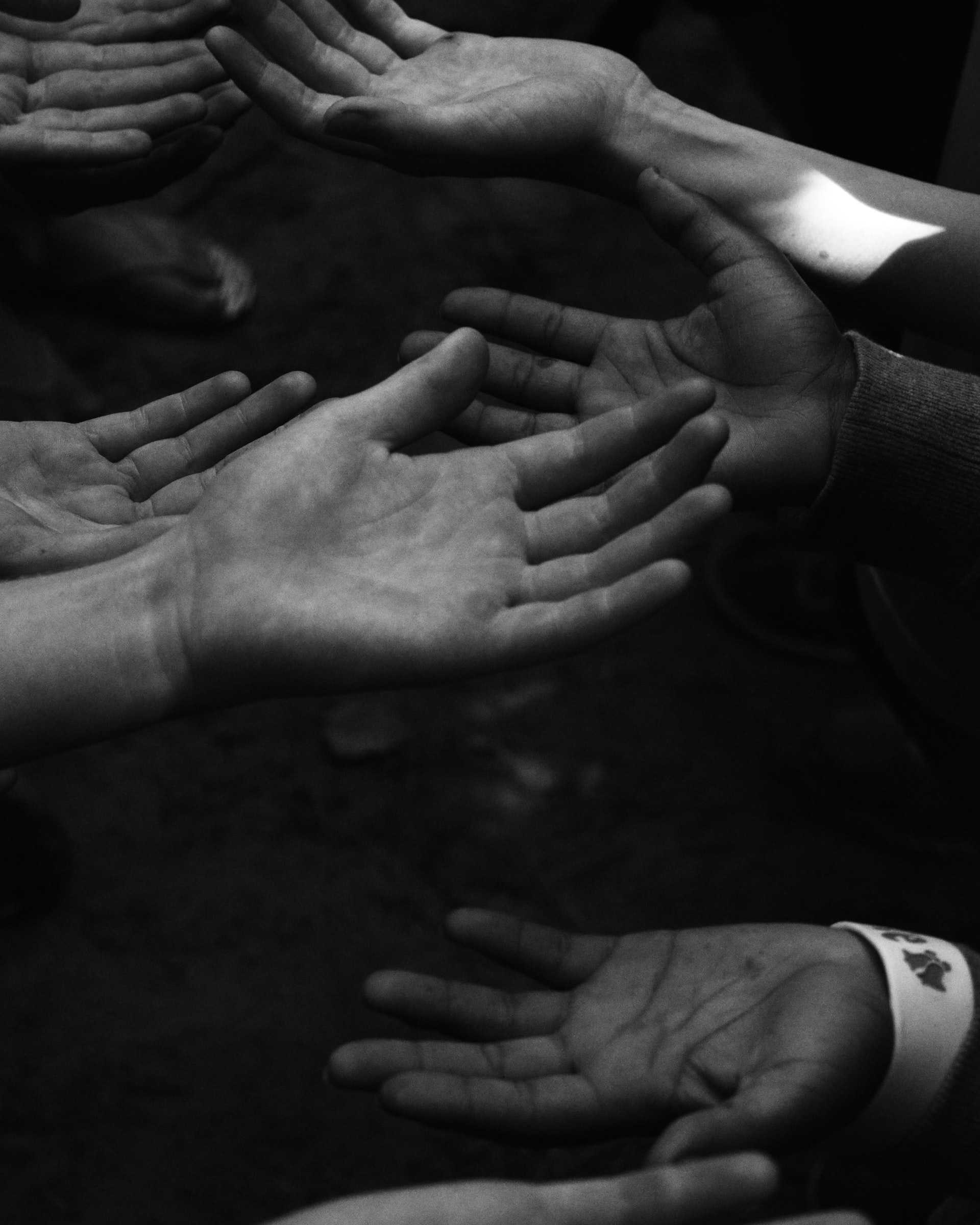
Community-led innovation
Traditional smart cities frameworks have been criticized for being too technocratic. The framework for "living labs" that arose in response placed far greater emphasis on engagement with communities and processes of co-creation. But as awareness of the risks of rapid innovation grows, is it enough? Cities may find that legitimizing urban tech means shifting the impetus for defining the innovation agenda wholeheartedly to communities.
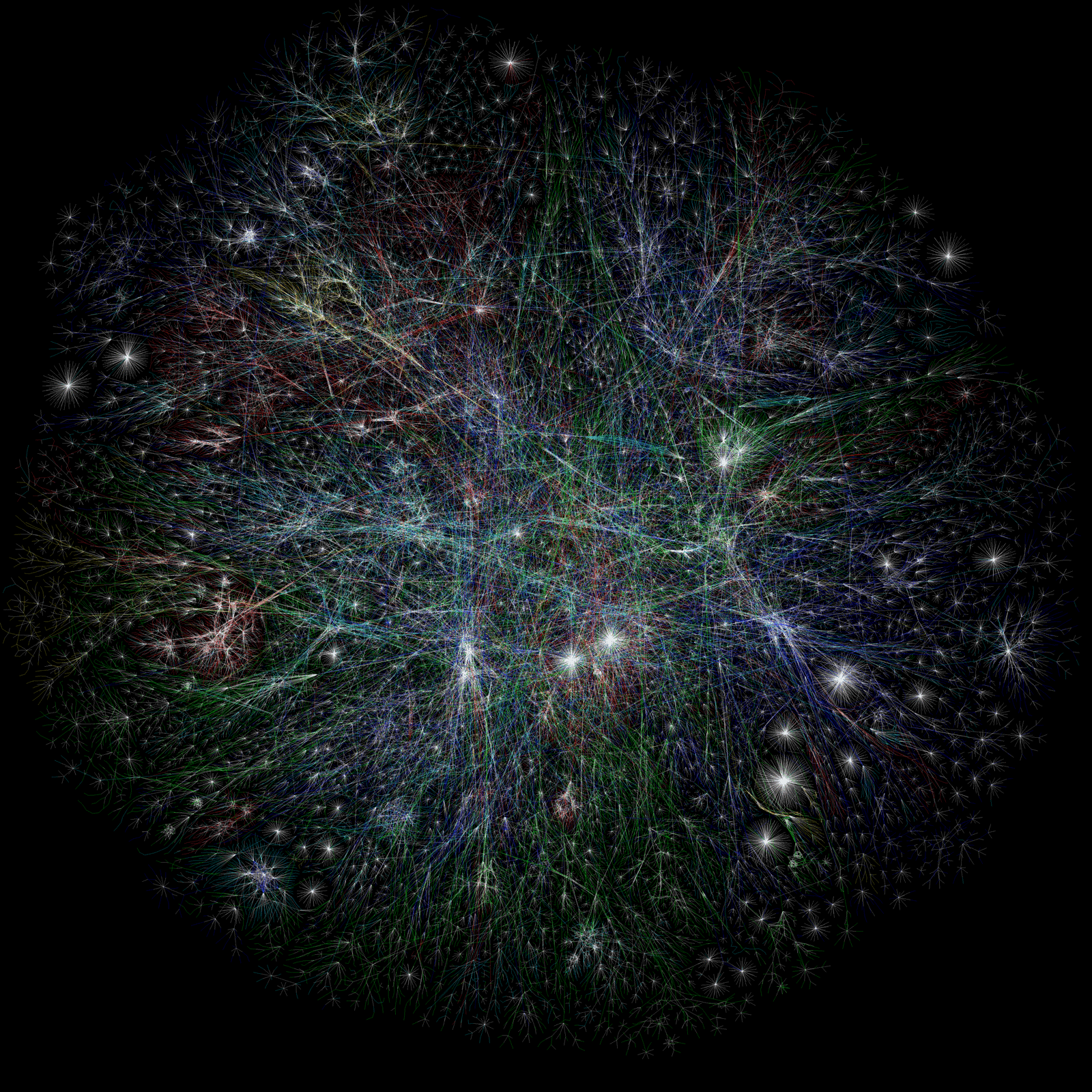
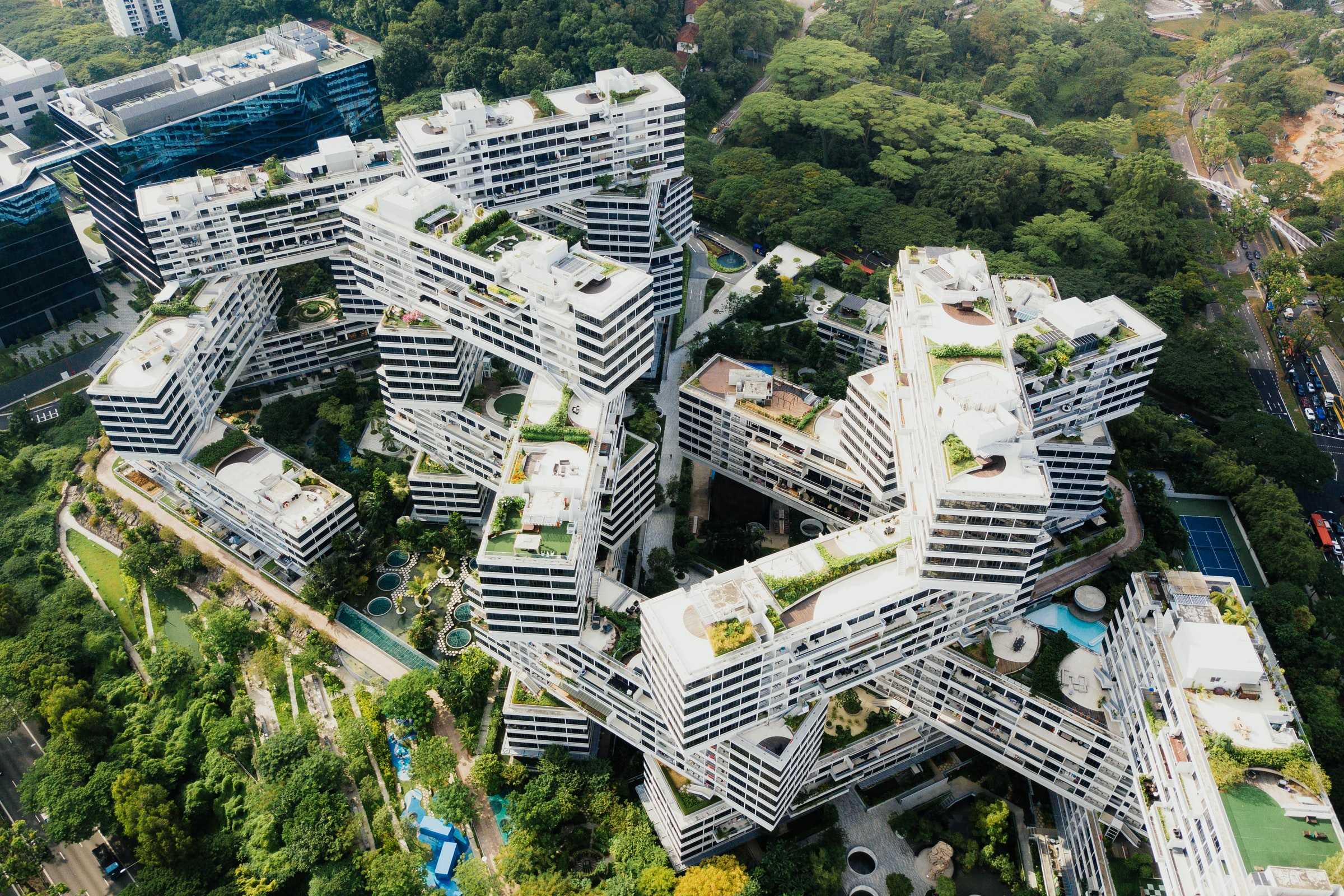
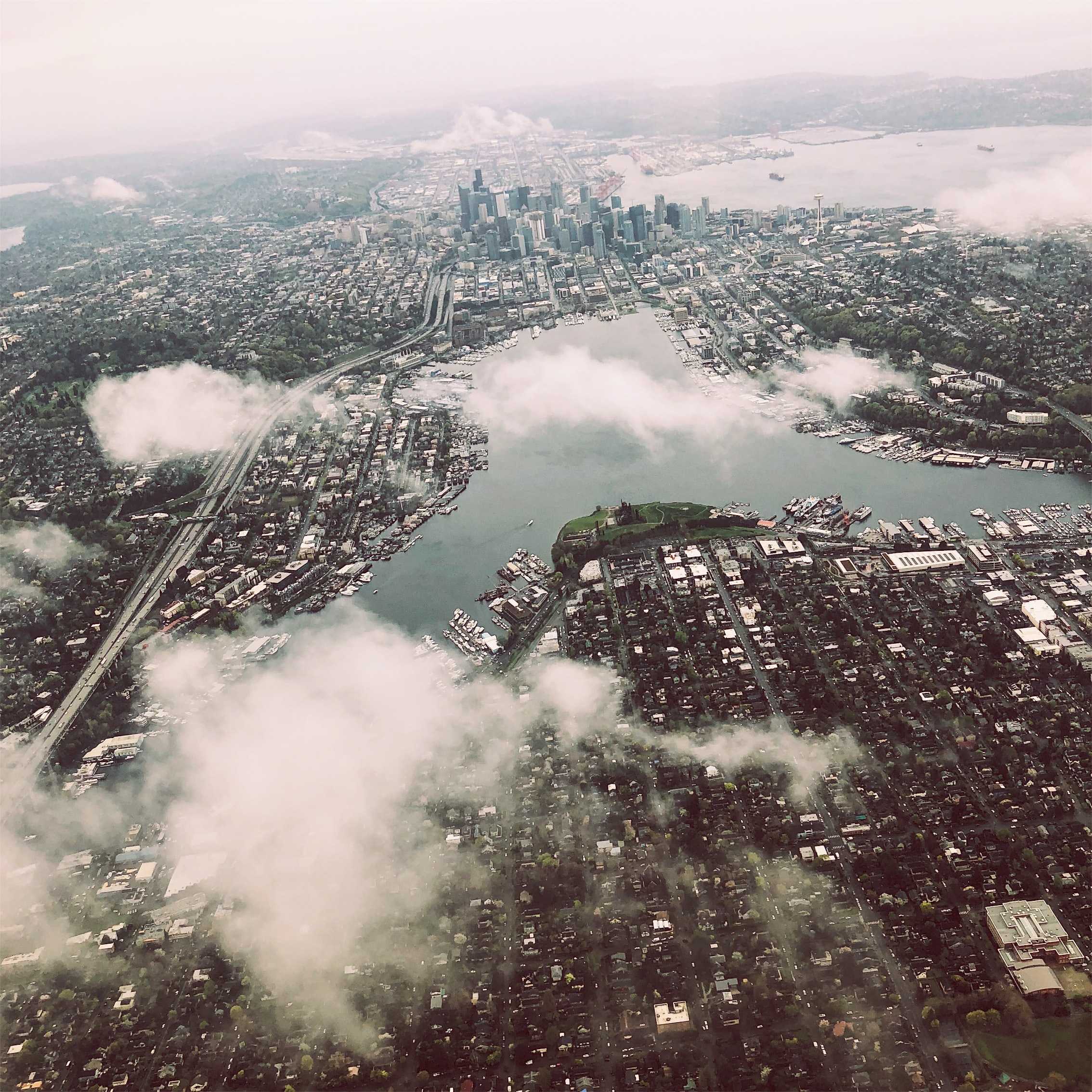

..png)
